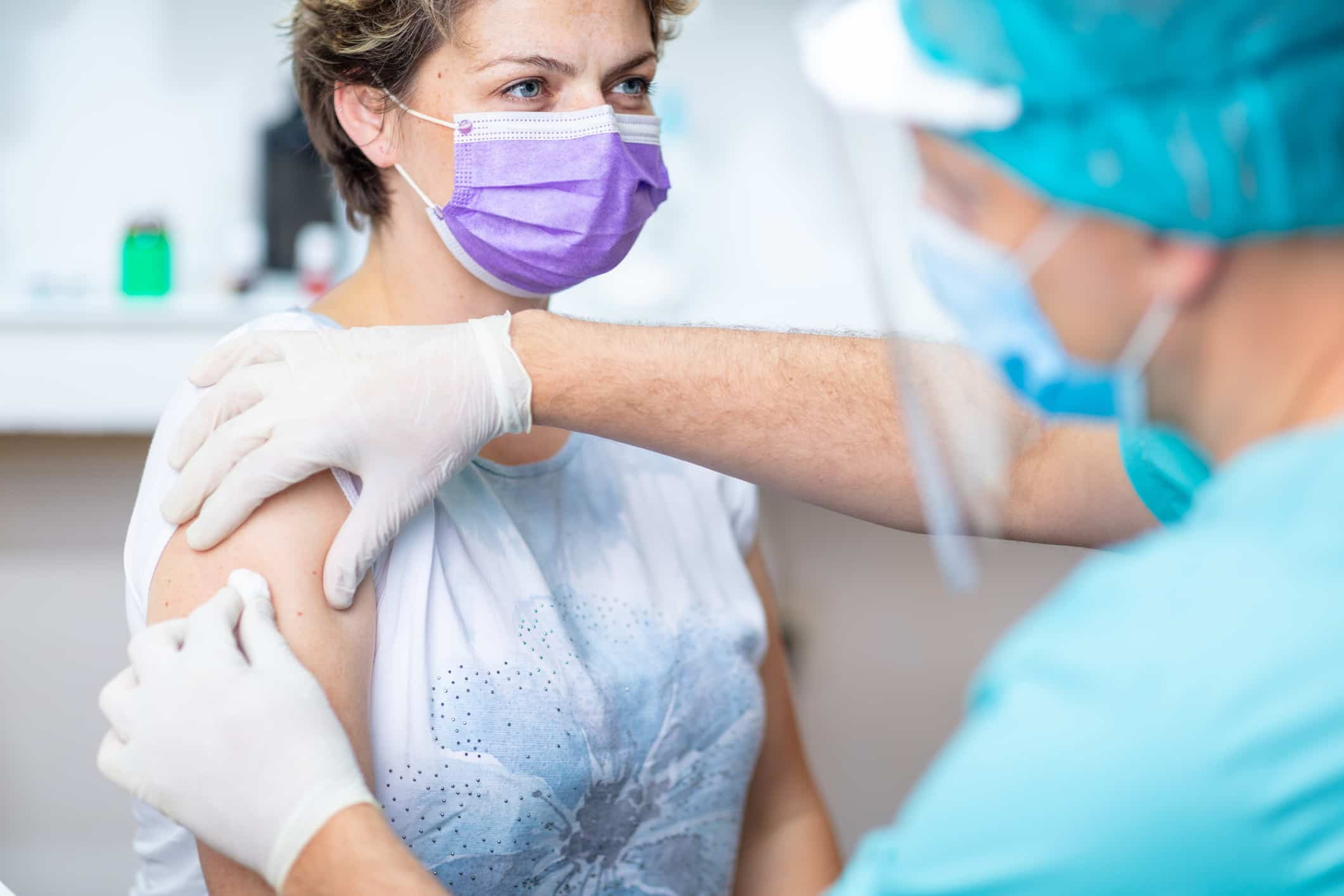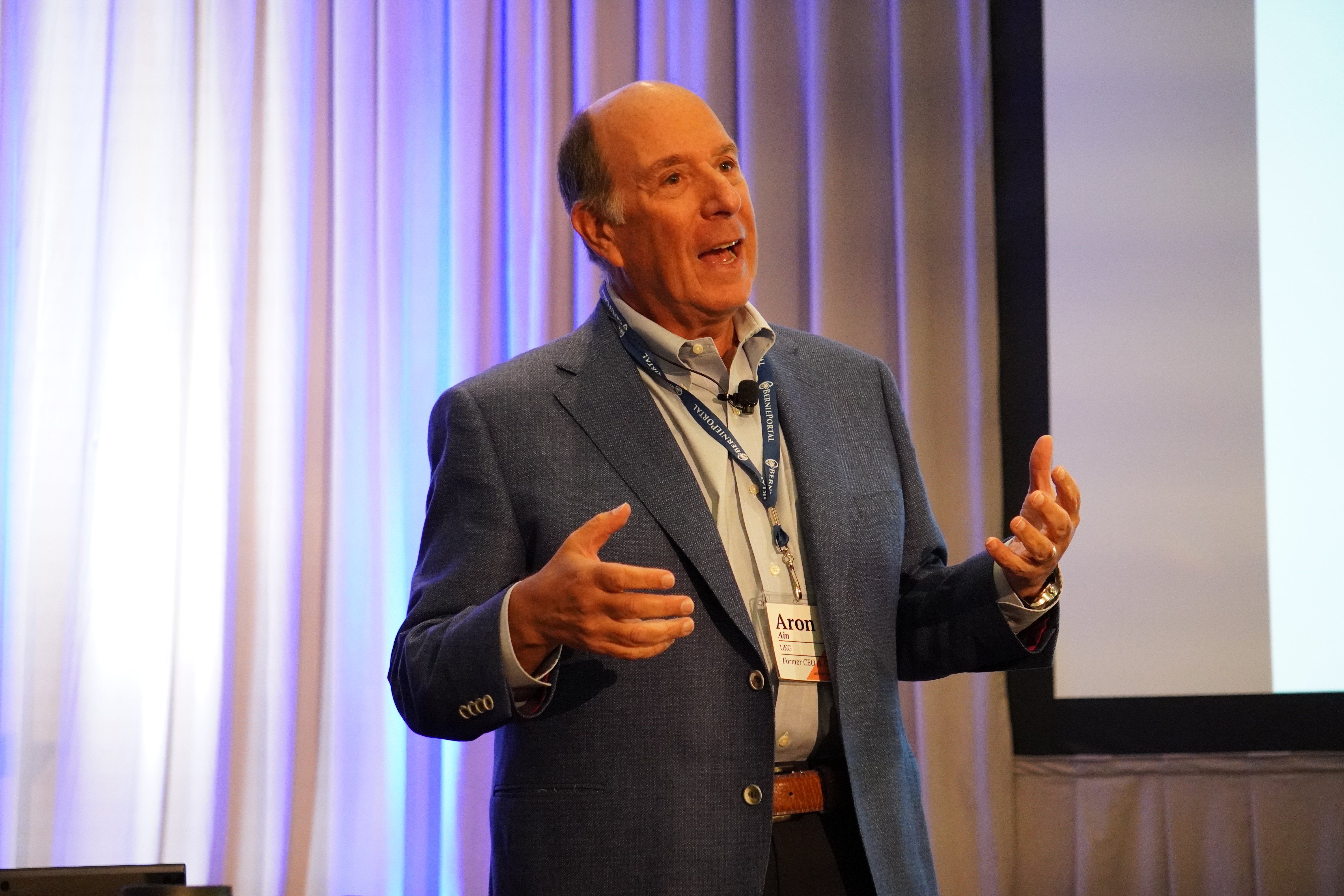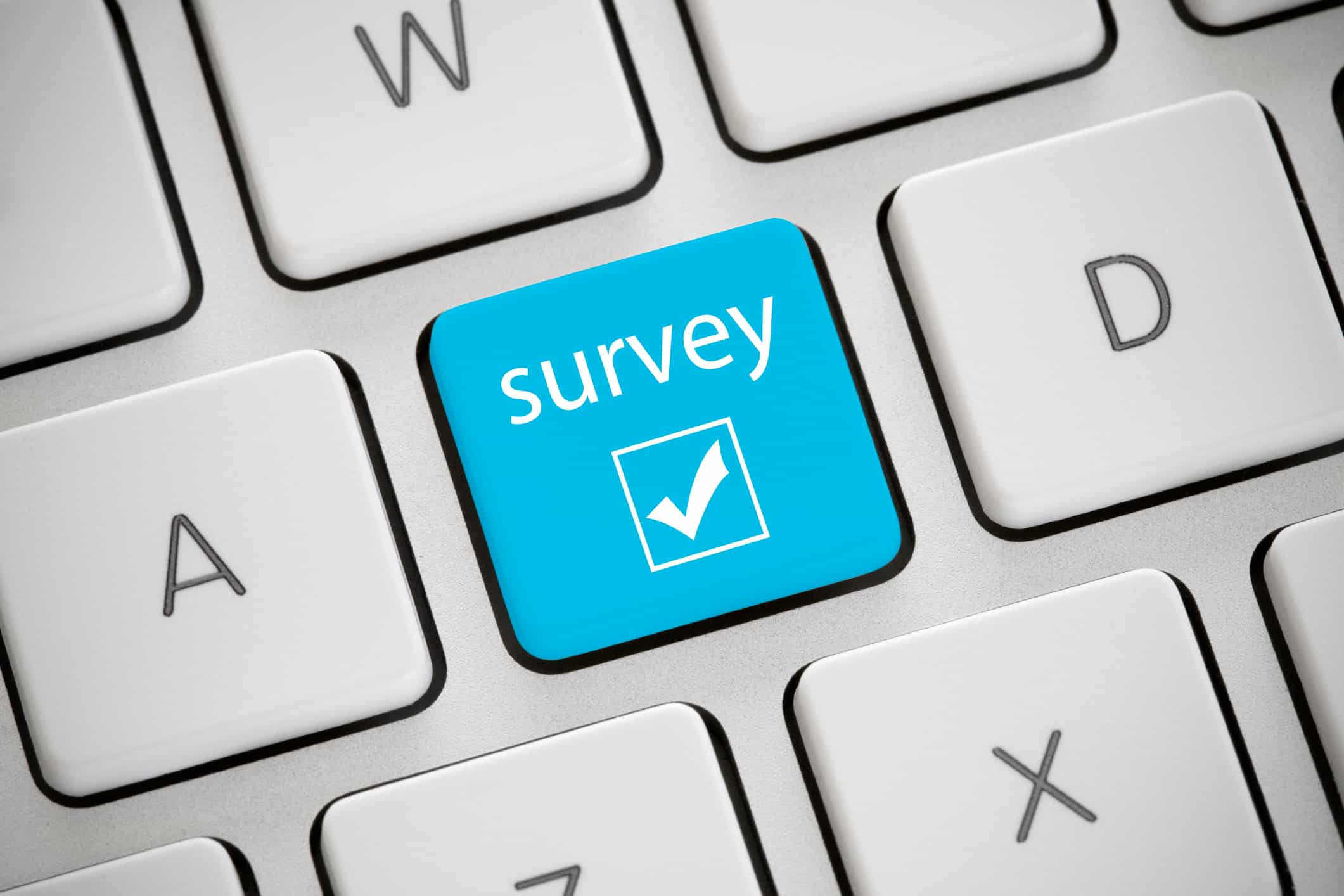
Written by
Drew Gieseke
Drew Gieseke is an aPHR®-certified marketing professional who writes about HR, compliance, and healthcare solutions.
What Could a Coronavirus Vaccine in November Mean for Employers?

The New York Times reported on Sept. 2, 2020, that the CDC issued a letter to states to prepare for a COVID-19 vaccine by early November 2020. What does this mean for employers and HR teams—and when could businesses return to “normal?”
What’s the Story?
The CDC notified public health officials in every U.S. state to prepare for a COVID-19 vaccine by late October or early November. According to reporting from The New York Times, the vaccine would first be available “to health care workers and other high-risk groups.”
Much is still to be determined. Preliminary plans were also issued to layout distribution networks and storage instructions, though the New York Times story indicated that there are some people in public and private industry who are skeptical about the rapid development timeline for the virus. Several different vaccines remain in Phase III clinical trials, a process that typically takes one to four years.
Regardless, CNBC reported that a goal of the federal government “is to have tens of millions of vaccine doses authorized to be distributed before the end of the calendar year.”
What Does This Mean for Employers?
The impact of this announcement means one of two things for employers and their teams:
- If your organization is directly related to healthcare or works with high-risk populations, there is a chance that you or your clients could receive a coronavirus vaccine as early as October 2020.
- If your organization does not work in the healthcare industry or with high-risk populations, there’s a better chance that the vaccine will be available to your team and clients by the end of 2020.
With that in mind, there are certain labor and civil rights laws that certain organizations must comply with regarding vaccinations. For example, given existing ADA and Civil Rights Act legislation, an employee may be exempt from otherwise-mandatory vaccines. As a result, private employers can probably require vaccines, but there are exceptions for certain workers.
What Else Should HR Know About Coronavirus?
Between business travel safety precautions and new FMLA forms issued by DOL, the coronavirus has completely changed many industries around the country. Consider the following resources when preparing your team to reenter the workplace:
- Is Business Travel Safe During the COVID-19 Pandemic?
- COVID-19: FFCRA Notice Compliance Questions Answered
- HR Tips on Mandatory Mask Policies During COVID-19
- 6 Workplace Changes HR Should Plan for After COVID-19
For more coronavirus-related news, updates, and compliance guidance, go to blog.bernieportal.com.

Written by
Drew Gieseke
Drew Gieseke is an aPHR®-certified marketing professional who writes about HR, compliance, and healthcare solutions.
Related Posts
We just wrapped up another phenomenal Weekdays with Bernie (WWB) Conference!
Employees are the heart and soul of an organization, and valuing their opinions can have...
HR parties of one already have an abundance of tasks to keep up with. From hiring to...
The talent search is no longer a skirmish or a battle. It’s a WAR! As a strategic HR...






Submit a Comment